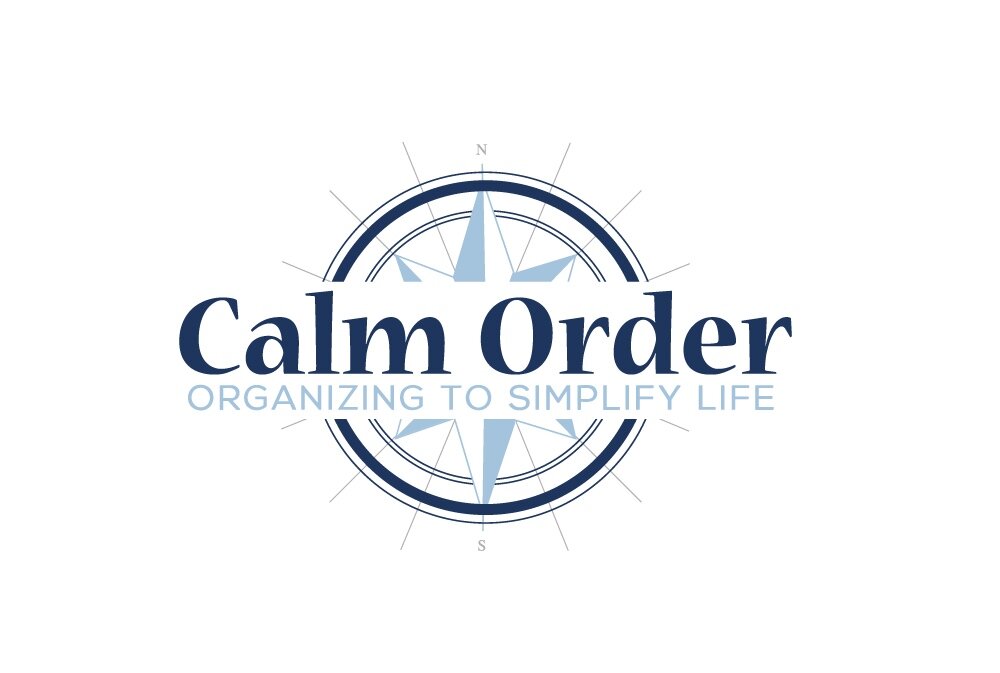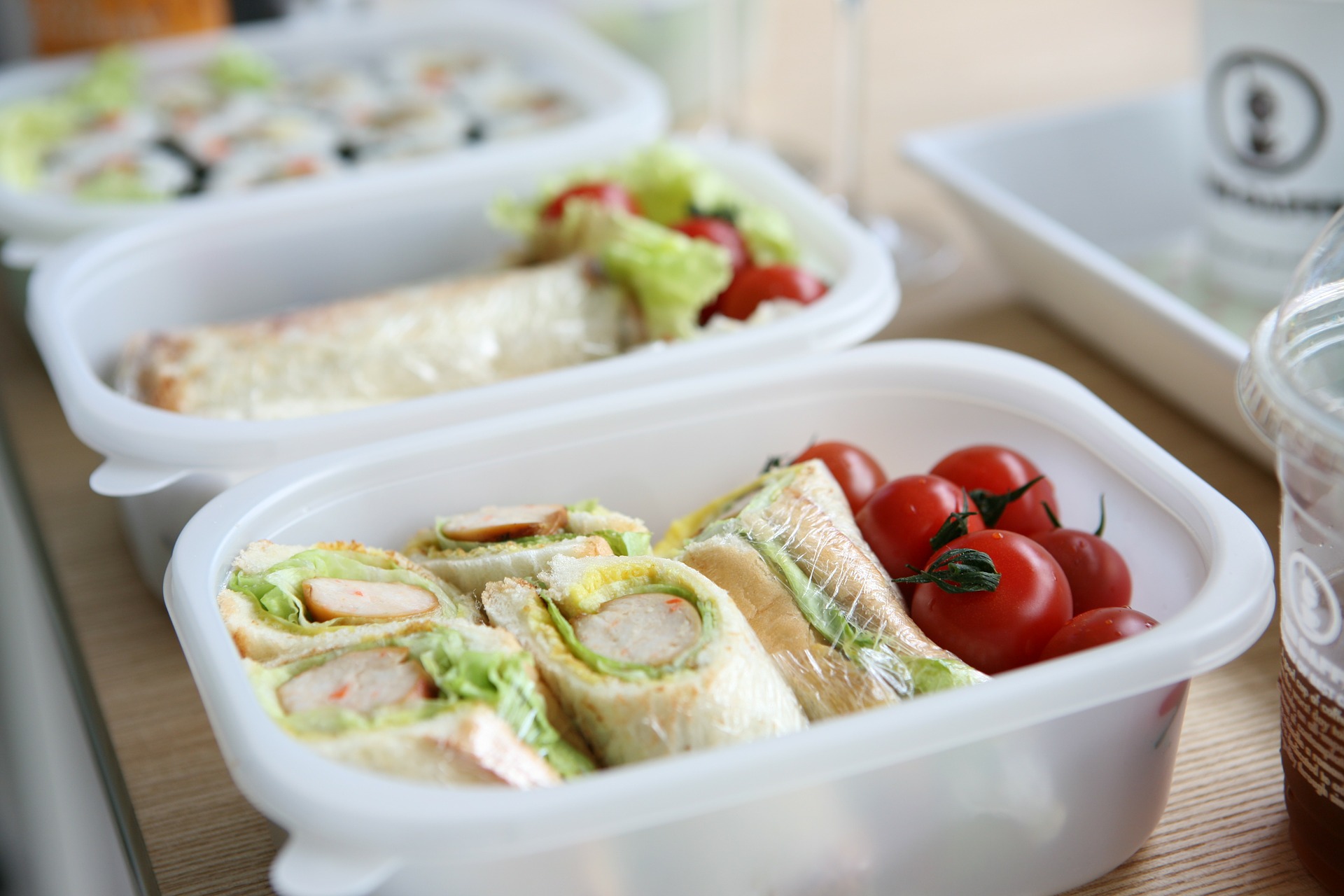There is a lot more involved with moving than putting your belongings in a box. Moving requires careful planning, preparation and organization well before you are ready to bring out the packing tape. Moving should not be a last minute or impulse decision. It is often best to start making preparations up to a year before you are planning your move.
When you start seriously thinking about moving, you need to consider the logistics of your move. How are you going to pack and get prepared? Will you be hiring services? Will you need to take time off? Before you can start organizing your belongings, you need to organize and coordinate your moving process.
The first step is to establish a timeline. This needs to be a realistic and achievable timeline – there is no need to stress you and your family out by rushing the moving process. You will need time to find a new home, prepare your old home, pack, move and unpack. As well, there may still be work, school, sports, and other everyday obligations that will still need to be taken care of. By establishing a broad idea of what needs to be achieved and when, you can start focusing on the finer details of the moving process.
Once you have a timeframe in mind, you can start thinking about how you are going to prepare for your move. Will you be hiring a moving or organization service, or undertaking the entire process on your own? Will your family and friends be involved in the process? After you determine who will be involved in the process, you can start delegating different tasks to each person, with clear timeframes. For example, your partner can set up appointments to meet with realtors while you book tours of the schools in the area. You can also get other family members to start decluttering their belongings and purging the items they do not want or need any longer.
Before you begin coordinating your move, make sure that you have the resources and materials you need. Determine how you’re going to pack your belongings – will you need to buy bins or labels, or are you borrowing them? What rooms will you pack first, and when will you do it? Will you need to rent a storage locker, or can you store some items with family? Book your family and friends or a professional service for moving days as far in advance as you can, or at least give them a heads up that moving day may be coming soon.
There are many elements that make up the moving process, many of which can be accomplished well in advance of the actual move. The more time you have, the better, as sometimes homeowners have a short amount of time to leave their home and move into their new one. Make sure that you and your family are prepared in advance by looking beyond packing. Don’t forget – you can always ask for help! At Calm Order, we can assist you with all aspects of the moving process. If you’re feeling overwhelmed, don’t hesitate to contact us or submit a question to our Ask the Organizer page.













